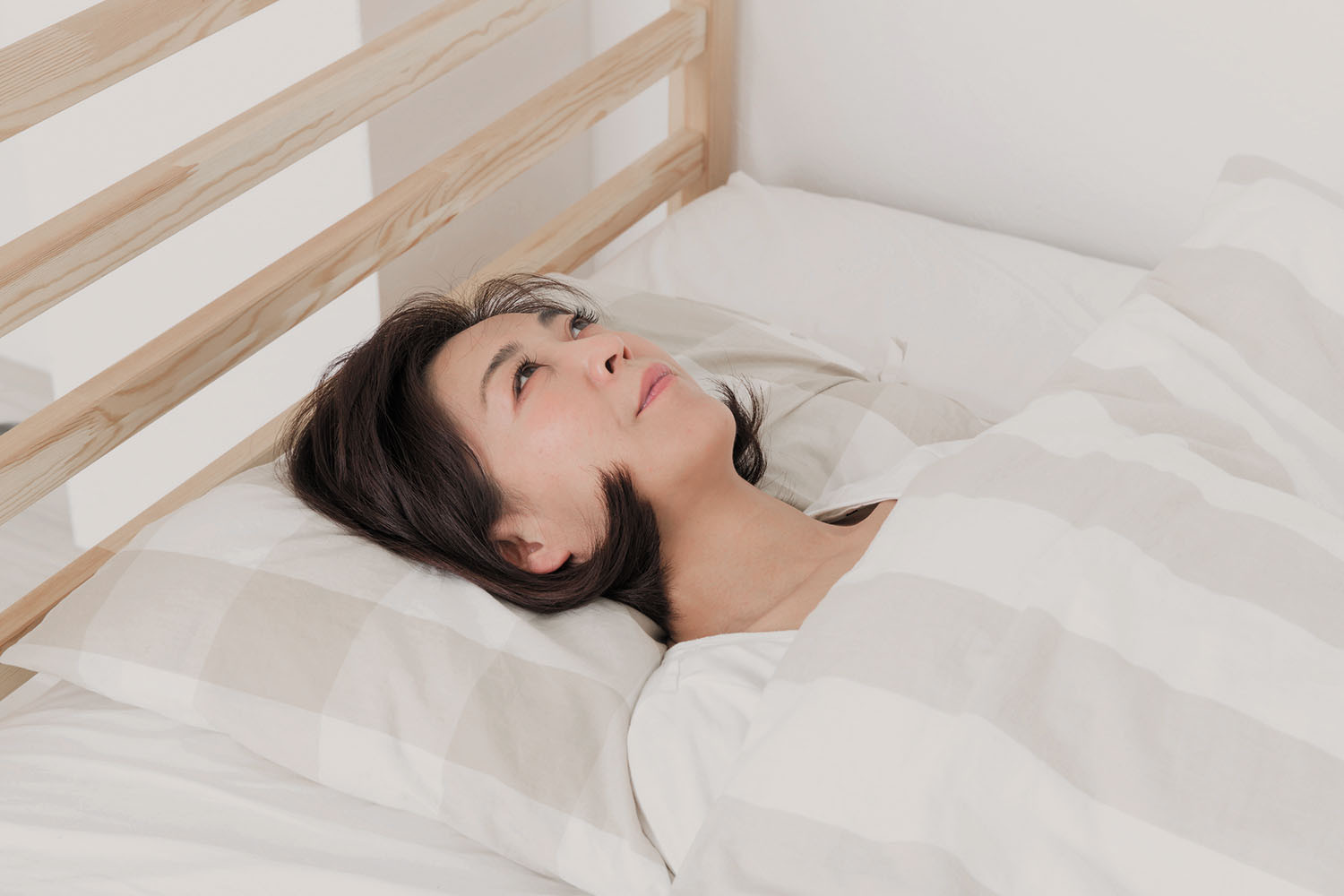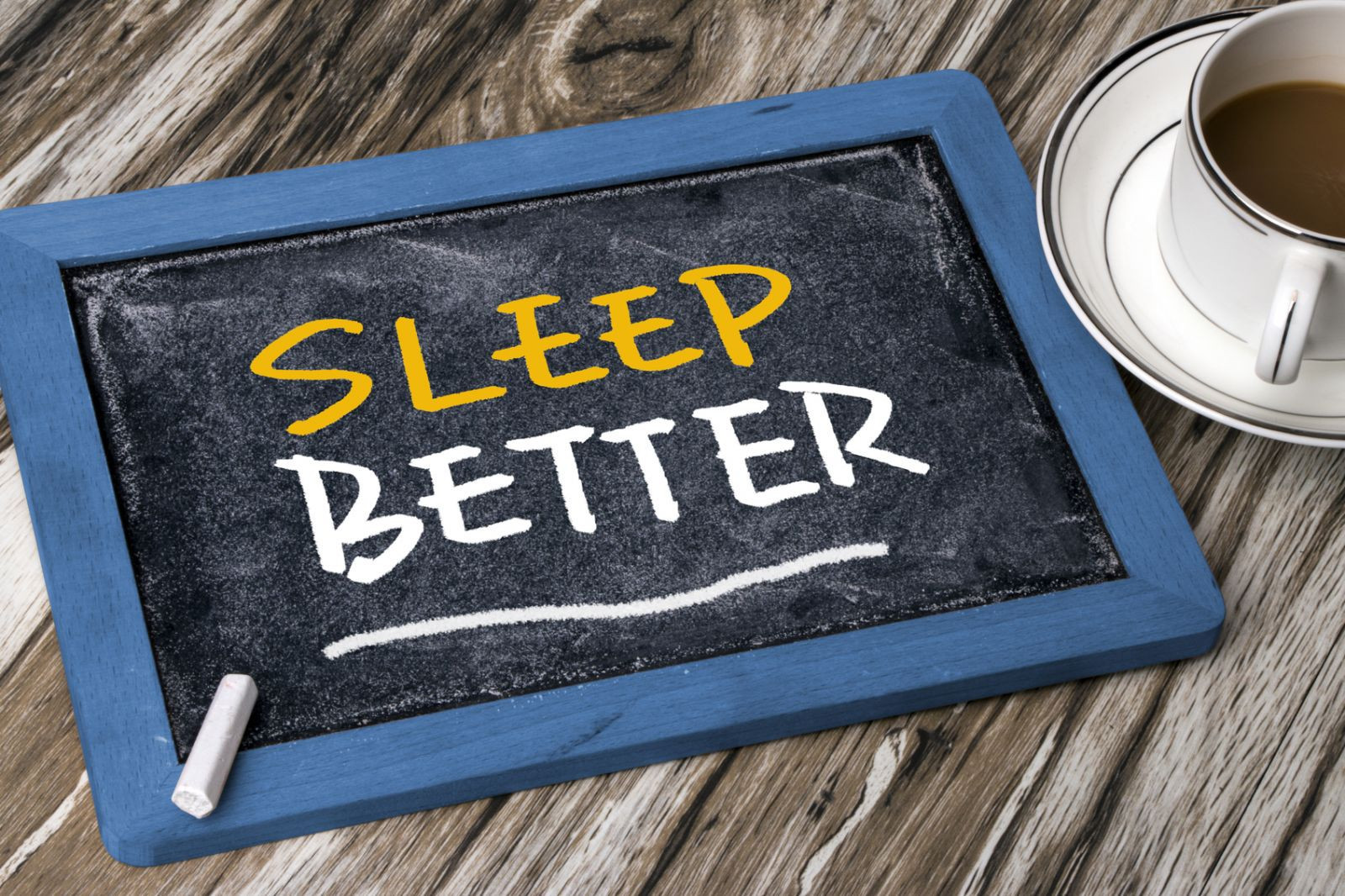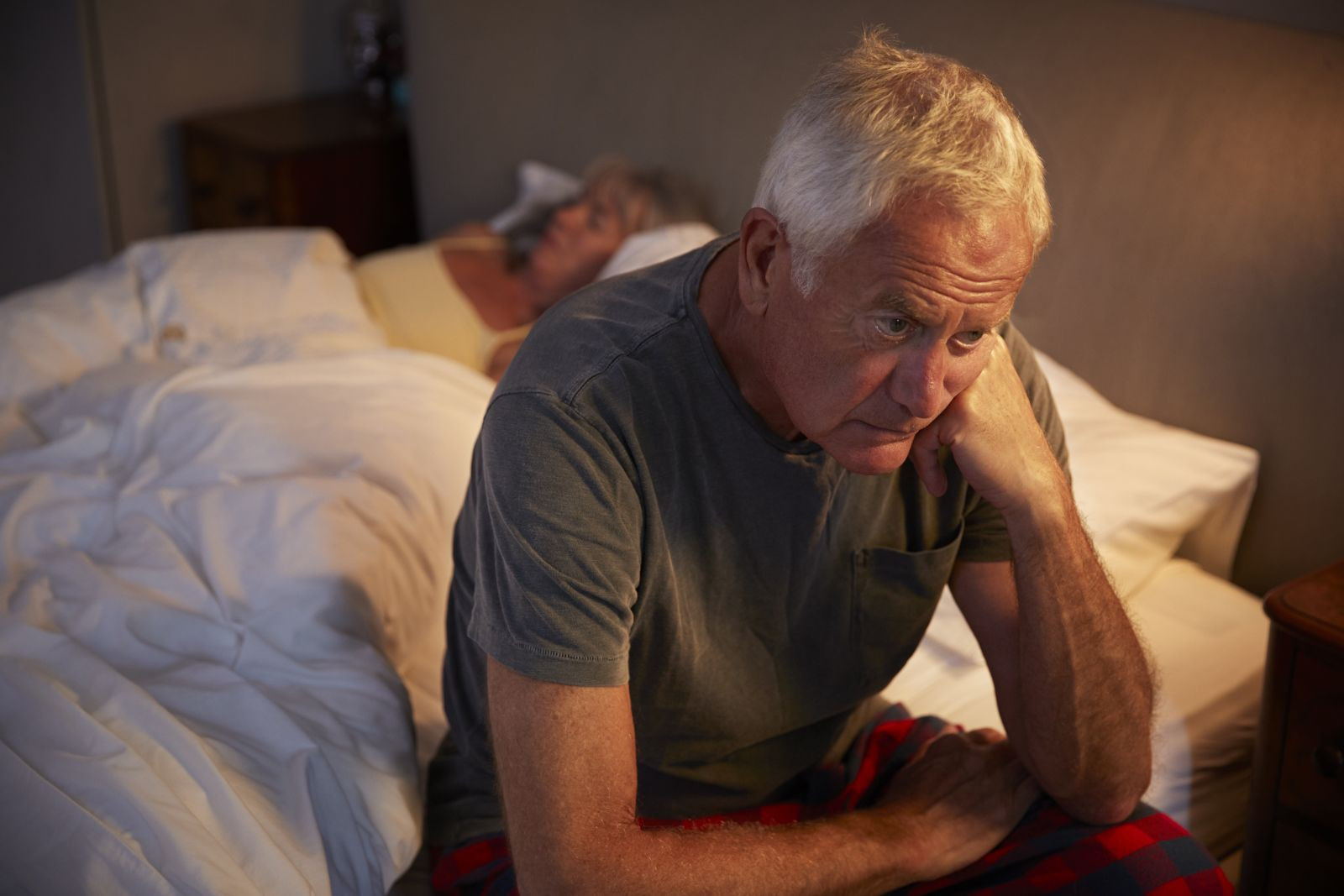
Trying to lose weight? Be careful not to lose muscle

Is your skin problem actually an autoimmune condition?

People with diabetes face higher risk of hearing loss

Antibiotic-free fixes for recurrent UTIs

Musculoskeletal syndrome of menopause: When menopause makes you ache all over

When can older women stop getting mammograms?

To lose weight, especially harmful belly fat, combine diet and exercise

Can men hold off on treating recurring prostate cancer?

The 7 types of rest and why we need them all

What are the early warning signs of cervical cancer?
Sleep Archive
Articles
Heart palpitations: Mostly harmless
Occasionally these heart rhythm disruptions signal a more serious condition.
Image: © dusanpetkovic/Getty Images
Lately you've felt like a flipping fish is stuck inside your chest. You feel fine otherwise, but there it is again — flip, flop. It's gone as fast as it appears. But you're starting to worry: is it a sign of a serious heart problem?
Chances are what you're feeling is a condition called heart palpitations, which are usually harmless blips in the heart rhythm, explains Dr. Peter Zimetbaum, a professor of cardiovascular medicine at Harvard Medical School. Only occasionally are these rhythm disturbances the sign of a more serious heart problem that should be checked out.
Daytime sleepiness may indicate a higher risk for Alzheimer’s disease
In the journals
Are you excessively sleepy during the day? If so, you may have a higher risk of Alzheimer's disease, according to a recent study published online Sept. 5, 2018, by the journal Sleep.
Scientists asked 124 healthy older adults, average age 60, about how often they felt drowsy or fell asleep during the day when they would rather be awake, as well as their napping habits. The group then had regular PET scans over the next 15 years to look for beta-amyloid in the brain, high amounts of which are a hallmark for Alzheimer's.
Drugstore sleep aids may bring more risks than benefits
Explore more effective alternatives to help you get a good night's rest.
Image: © miya227/Getty Images
You've spent the past few nights staring at the ceiling, thinking about your grocery list, lining up your tasks for the next day, or obsessing about your problem du jour — but what you really want to be doing is sleeping soundly. You're in the pharmacy and notice an array of over-the-counter sleep aids, and you're tempted. Will taking one help you get that deep slumber you crave?
Before you reach for that bottle, you might want to reconsider.
5-minute fixes for better health
Taking on a new health regimen can be daunting. Accomplishing smaller tasks that contribute to health may be easier to achieve.
You know what you're supposed to do: exercise daily, ditch junk food, get more sleep, and stay vigilant about every aspect of your health. It's a nonstop commitment that seems like a major undertaking if you've fallen behind. But putting off a healthy lifestyle increases the risk for developing chronic disease and jeopardizes your independence.
Rather than identifying big ways to improve your health, and then procrastinating, focus on small tasks that won't overwhelm you. Try a quick fix once in a while — or all the time if it applies. The more you do, the better you'll feel.
Better sleep, naturally
The world looks very different at 3 a.m. when you're lying in bed staring at the ceiling or the clock. "How will I make it through tomorrow without any sleep?" you worry. You may wonder how to sleep better every night. If you regularly can't get to sleep - or stay asleep - and it's affecting you during the day, then you may have insomnia.
Prescription or over-the-counter sleep aids can help you drift off, but these drugs also have side effects. These include morning drowsiness, which can make activities like driving or using machinery dangerous, and an increased risk for falling. There are other ways to sleep better than medications.
Strategies for sleep apnea
Treating sleep apnea — a condition closely linked to cardiovascular problems — can be challenging.
Image: © nebari/Getty Images
Loud, explosive snoring is a hallmark of obstructive sleep apnea, which affects up to 25% of men and 10% of women. This nighttime breathing problem often disrupts sleep, leaving people tired and irritable during the day. But sleep apnea also can boost blood pressure and may increase the risk of clogged heart arteries, heart rhythm disorders, heart failure, and stroke.
The gold standard treatment, called positive airway pressure or PAP — which uses a bedside machine that provides a stream of air through a face mask — is very effective. But it's a tough sell for many people, who find the device challenging to use consistently. Because of difficulty tolerating the device, some people don't use their PAP machine every single night, while others remove it halfway through the night. However, troubleshooting some common issues with PAP may help (see "Tips for using a PAP machine").
Refueling your energy levels
Lost your spark and gusto? These strategies can help you recharge.
Everyone has the occasional low-energy day when you are easily fatigued. Often the feeling passes, and you bounce back to your regular robust self. But if you struggle with a constant lack of energy, you may have a problem deep within your cells.
Mitochondria are the power source inside all your body's cells. These tiny structures fuel the body by producing molecules called adenosine triphosphate or ATP. However, as you grow older, your body has fewer mitochondria.
Can’t sleep? You may be at risk for atrial fibrillation
In the journals
If you have problems sleeping through the night, you may be at risk for atrial fibrillation (afib), an irregular heart rate that may cause heart palpitations and is a leading cause of stroke.
A study published online June 25, 2018, by HeartRhythm reviewed four studies and found a link between afib and poor sleep. In one study, people with afib had more frequent nighttime awakenings compared with those who did not have the condition. In the other studies, poor sleep quality, including frequent nighttime awakenings and less REM (rapid eye movement) sleep, predicted which individuals would develop afib.
Teens are getting less sleep, which raises heart disease risk
Teens are getting less sleep than ever. This leaves them prone to conditions like high blood pressure and insulin resistance which increased the risk for heart disease and diabetes later on.

Trying to lose weight? Be careful not to lose muscle

Is your skin problem actually an autoimmune condition?

People with diabetes face higher risk of hearing loss

Antibiotic-free fixes for recurrent UTIs

Musculoskeletal syndrome of menopause: When menopause makes you ache all over

When can older women stop getting mammograms?

To lose weight, especially harmful belly fat, combine diet and exercise

Can men hold off on treating recurring prostate cancer?

The 7 types of rest and why we need them all

What are the early warning signs of cervical cancer?
Free Healthbeat Signup
Get the latest in health news delivered to your inbox!
Sign Up











